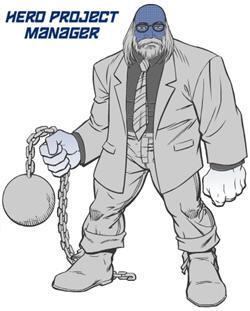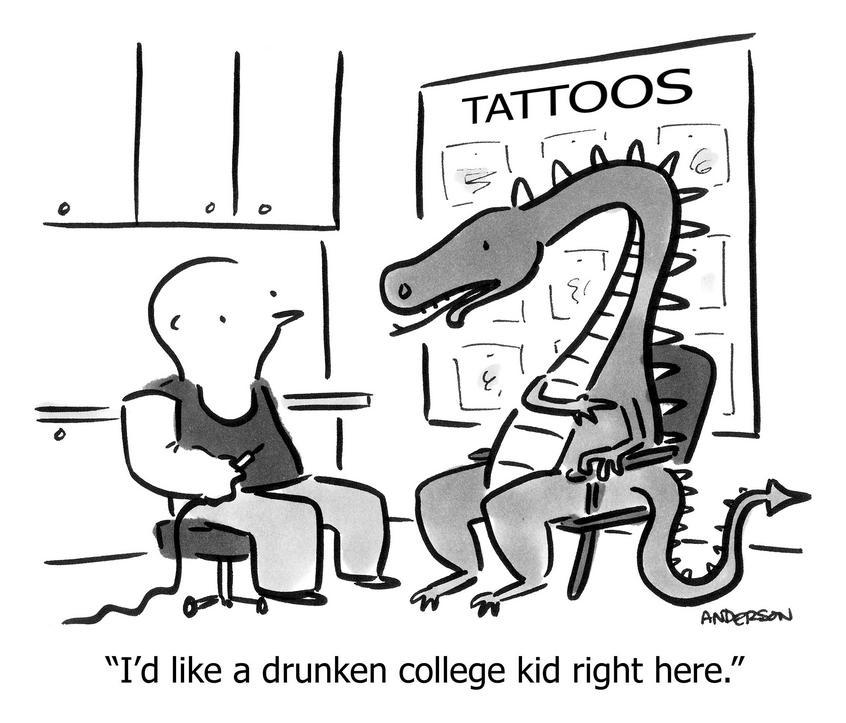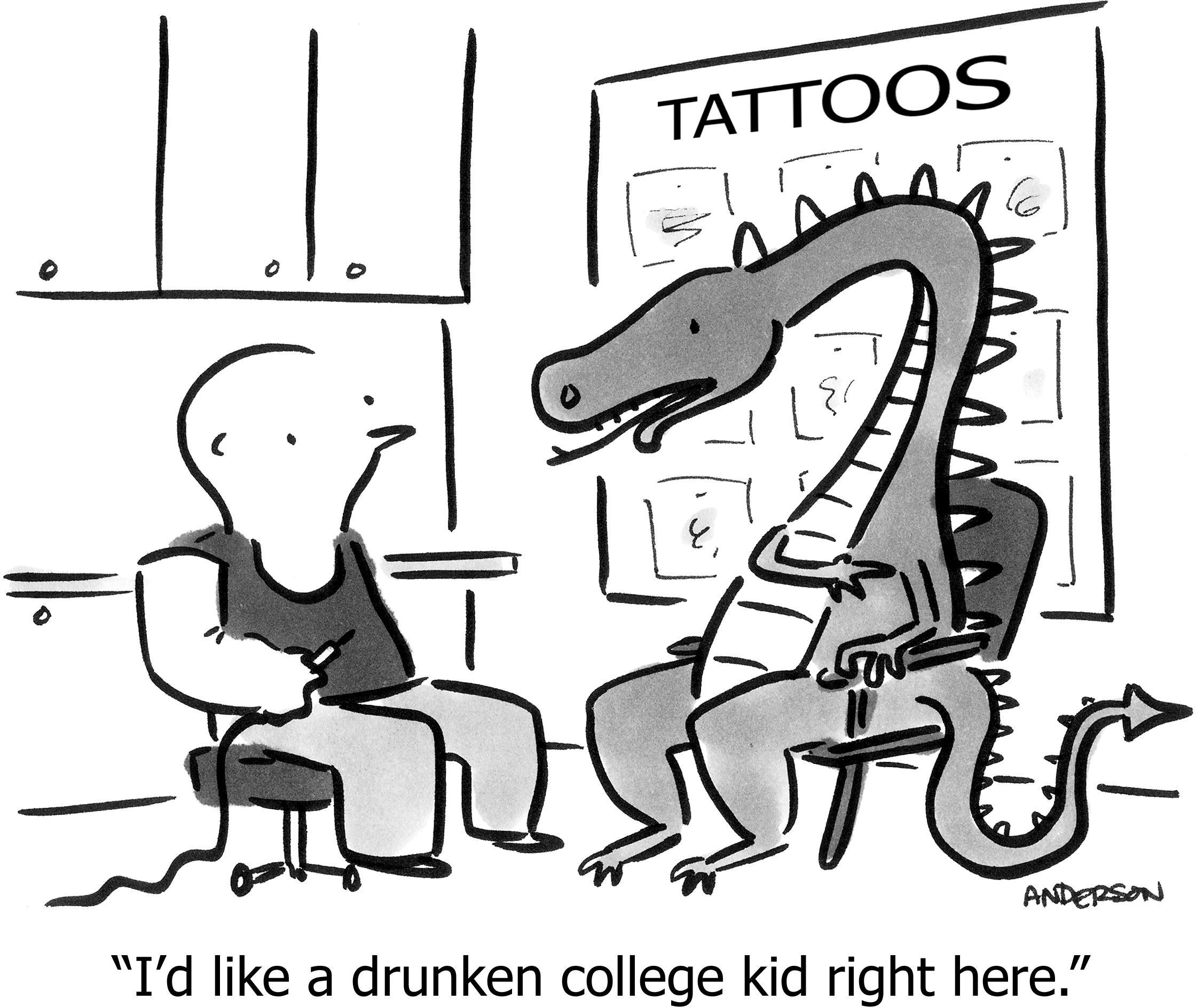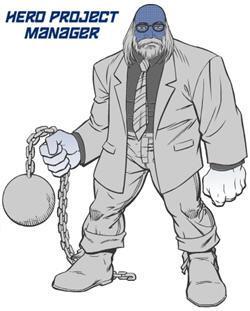How to get customers who love you even when you screw up
During the first year of Smart Bear’s existence, my software was crap. How did I get customers, and why were they so vehemently loyal to what was clearly a wobbly, new product from a teeny tiny company-of-one?
Because of people like Tom.
So Tom calls up one day…
Now wait, understand this is already a newsworthy event! Remember we sell software to software developers, legendary for their phone-aversion. (I’m no exception!) So let me try that again:
Tom called me. On the phone.
Tom wants to talk about new features. What a relief—for six weeks it’s been nothing but bug reports. Real bugs, I admit. In fact, Tom had single-handedly debugged a significant amount my shitty code, even enlisting his own employees for the cause. (Why had he done that?)
Tom lists 20 new features he’d like to see. When does he expect delivery? “Oh, I know you’re just a one-man shop, so just do your best. If you get through this half as fast as you get through bugs, we’ll be fine.”
Whozajigga-wha? I never said I was a one-man shop!
“We” always use the first-person-plural when talking about “our software” and “our release cycle” and “our tech support.” My website was professional-looking (uhhh right?). Tech support always came from support@smartbear.com; my name was never on it.
So was Tom the Sherlock Holmes of small business façades? Hardly. The web site doesn’t look that professional. Tom’s gotten sales support, tech support, and bug fixes for weeks now; he recognizes the same style and phrases. He always called the main line and never found anyone but me.
Duh!
But this was going to be a problem (or so I thought). See, Tom worked for a big company (I don’t have permission to say which) with thousands of employees and billions in revenue. Big companies don’t buy software from one-man shops. Or so I’ve been told.
I almost puked out the mantra of how, yes, I’m the only full-time employee, but I use consultants for stuff when the workload goes up (which wasn’t true). And I almost went into defensive mode, talking about how good our/my service was and all that.
But fortunately I recognized that Tom didn’t want to hear any of that. Tom was saying: “I know who you really are, and I accept it. I still want to do this. How about a few features since we put up with those bugs?”
I had to match that honesty. Anything else would be an insult to his intelligence and a step backward in the relationship.
Truth is such a rare thing, it is delightful to tell it.
—Emily Dickinson
It wasn’t until I visited him in Ottawa that I fully understood why Tom was so solicitous. We met with two of Tom’s bosses in a small office to discuss widespread purchase and roll-out of our peer code review tool.
Tom introduced me in a way I didn’t expect: “Half a year ago I found this company in Austin. They had the beginnings of a code review tool. I’ve been guiding their development so now it works perfectly for our environment.”
Hmmm, that’s not exactly accurate… or is it? I’m on the spot, so I just nod in agreement.
The bosses questioned the utility of the tool. How much time could it save? Tom had the answer: “I do sixty code reviews every day.”
He might as well have said “I can squeeze crude oil from cow patties.” One boss flatly said “That’s impossible.” Honestly I’m not sure whether he was referring to Tom’s fortitude or the tool’s efficiency. But they looked at Tom’s evidence, and approved the roll-out. I got a big order, thanks to Tom. But again I ask you, why?
In that moment I understood Tom’s motivation: Tom was a hero.

Tom had figured out how to deliver code with fewer bugs and was training his new hires faster than other team-leads. Tom didn’t do this by paying IBM or implementing a process he read about in Dr. Dobbs—he found a little company (us… I mean “me”), and he was now personally responsible for directing our product development. We jump when he says jump, therefore the perfect product (for their company) had been forged.
All due to his prescience, product development prowess, and a relationship he had forged with the founder.
Don’t forget, this was before “relationship” became the buzzword of modern marketing—before blogs and Twitter and back when Facebook wasn’t just for boomers and neighborhood groups.
I can’t begin to tell you the amount crap Tom put up with over the years. We’re good at this now (no really, 15 people counts as “we!”), but back then screens would lock up, reviews would inexplicably disappear, installers would install the wrong files, and occasionally we’d run computers out of memory.
He put up with all of it why? Because it was just him and me. Because he knew I always kept my word. Because he knew he could stick his neck out for Smart Bear and I wouldn’t let him down. Because he knew I would ensure that as the product changed it continued to solve his problems better, because I didn’t want to let him down.
So he pinned his own reputation on it and won. As a bonus, he lived vicariously through Smart Bear as a product designer.
If I hadn’t fessed up and behaved honestly, perhaps none of this would have happened.
What will your first hundred customers look like? Big, established companies with bureaucratic purchasing systems that you will bluff your way through? Well-known consumer-advocacy bloggers?
No, they’ll be early-adopters—folks who like trying new stuff and like working with new companies who still have spark and something to prove. Folks who want to be part of the creative process and be able to tell their friends that they were there at the beginning.
If you pretend to be something you’re not, they’ll see right through it. Then what have you done? You’ve lied to those who would have loved you for who you are; that’s not how you build a relationship.
It doesn’t mean never telling a lie. Authenticity doesn’t mean abandoning social white lies. We all know the difference between outright lies and the business equivalent of “No those pants don’t make you look fat.”
Theoretically, honesty should be easier than dishonesty. After all, “if you tell the truth you don’t have to remember anything” (Mark Twain). It’s true that in business you’re so accustomed to fluffing your feathers and putting on a show, it can be hard to remember to act like a normal human being.
“Be yourself” is just as hard in business as it is in personal life. But it’s worth it.
And it’s one of the few advantages small companies have over big ones. Use it.
https://longform.asmartbear.com/customer-love/
© 2007-2026 Jason Cohen
 @asmartbear
@asmartbear ePub (Kindle)
ePub (Kindle)
 Printable PDF
Printable PDF








